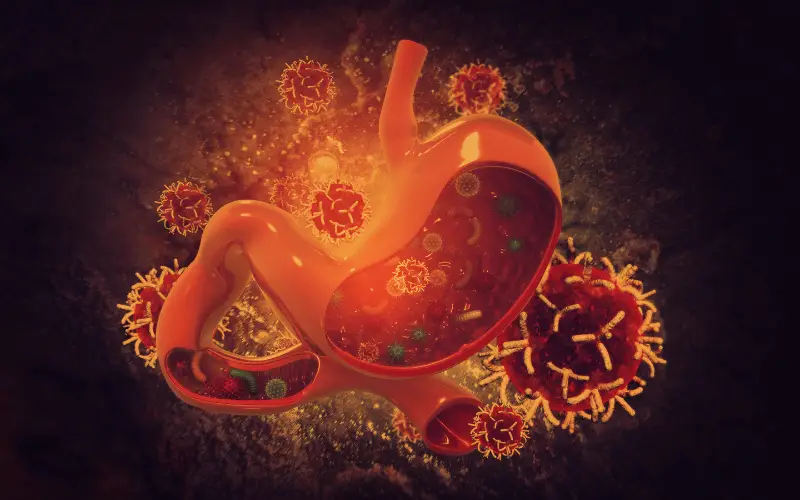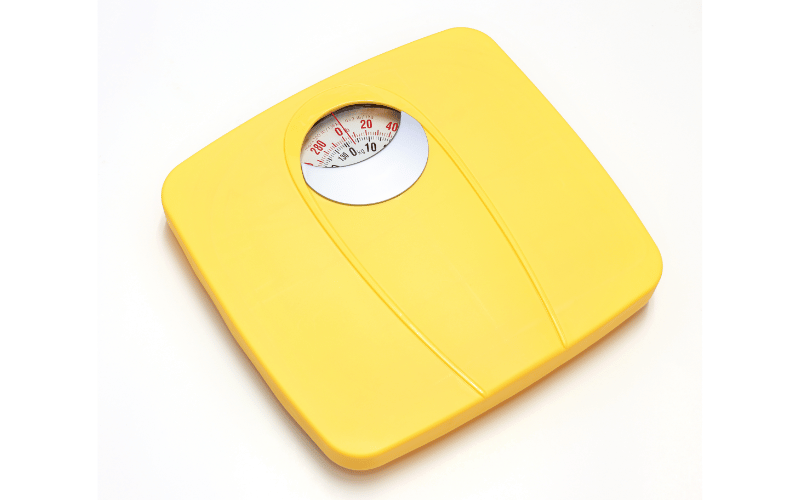Introduction: A Close Look at the Elusive Symptoms of Linitis Plastica

If you’re on a quest for information about linitis plastica, also known as Brinton’s disease or leather bottle stomach, you’re at the right place. This condition remains shrouded in mystery for many, mainly because its symptoms often masquerade as less severe ailments. That’s why it’s imperative to delve deeper and understand the real indicators behind this condition.
But let’s face it: the medical jargon can be overwhelming. So, what we aim to do here is break down the complexities into digestible bites of information. The focus will be on the top 10 symptoms that could point to linitis plastica. We’ll be bypassing the fluff and jumping straight to what matters—vital signs that shouldn’t be ignored.
Why is this crucial? Because early detection is key in handling any medical condition, and linitis plastica is no exception. Knowing the symptoms can empower you to take the next necessary steps, whether that’s seeking medical advice, getting tested, or simply staying vigilant about your health.
For those unfamiliar with the condition, linitis plastica is a type of stomach cancer known for its unique presentation. It’s often harder to detect through conventional imaging studies, making the identification of symptoms even more vital. Therefore, our mission is to equip you with the knowledge to act, not react, when it comes to spotting these often-overlooked signs.
In the following sections, we’ll explore each symptom in depth, helping you better understand what to look for and why it matters. From unexplained weight loss to gastrointestinal bleeding, each symptom plays a pivotal role in the diagnostic journey. So, let’s dive in.
1. Unexplained Weight Loss: The Sneaky Indicator of Linitis Plastica

Unexplained weight loss can be particularly concerning when discussing linitis plastica. It’s a symptom that doesn’t set off immediate alarm bells because many people are often on the journey to shed a few pounds. This lack of concern can be a double-edged sword, as what might seem like a welcome change could be indicative of something much more sinister.
Shedding weight without a change in diet or exercise often goes unnoticed or gets chalked up to stress or busy lifestyles. But the mechanics behind this type of weight loss can be far from benign. When linitis plastica is the culprit, the weight loss often comes from malabsorption of nutrients, which can throw your body into a state of metabolic imbalance.
Nutrient absorption is a complex process, and the stomach plays a pivotal role. Linitis plastica can affect the stomach lining, leading to decreased nutrient uptake. Your body starts burning stored fat and muscle tissue for energy, which isn’t sustainable in the long run and can lead to muscle wasting.
The ripple effect of weight loss extends beyond the scale. It can affect physical performance, cognitive function, and even emotional well-being. The depletion of essential nutrients can result in weakened immunity, making the body more susceptible to other complications.(1)